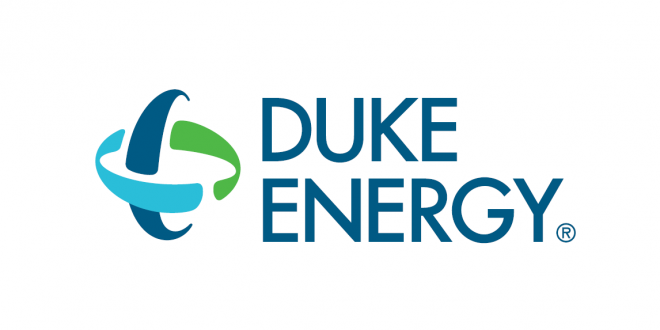CHARLOTTE, N.C. – Scams targeting electric and natural gas customers are on the rise, with imposters implementing new tactics during the pandemic to trick utility customers out of money and personal information.
June 2020 was the highest single month on record for reported scam attempts targeting Duke Energy customers across the states it serves, hitting more than 4,000.
The total number of scam attempts reported by Duke Energy customers so far in 2020 – 15,000 – already is approaching 2019’s full-year total of 18,000.
In Indiana, Duke Energy customers have reported more than 1,400 scam attempts in June, which is close to the total reports for all of 2019.
“Unfortunately, the scammers appear to be preying on the uncertainty and financial hardship caused by the pandemic, and they are tracking trends and adjusting their tactics,” said Jared Lawrence, Duke Energy’s vice president of revenue services and metering. “As new scam techniques are employed, it is imperative that customers stay alert, informed and make a concerted effort to guard their personal information and money.”
New tactic
Scammers have added a new tactic, which promises to mail customers refund checks for overpayments on their accounts if they can confirm their personal data, including birthdays and, in some cases, social security numbers.
Generally, Duke Energy will apply refunds as a credit to customers’ accounts and will not contact customers to verify personal information by phone, email or in person in order to mail a check.
Phone scam
Scam reports also indicate that phone scammers posing as utility providers continue to call and insist customers are delinquent on their bills. The scammer typically claims a service disconnection is pending, rigs caller ID to mimic your utility provider, and demands the money in the form of a prepaid debit card.
Note: Duke Energy has currently suspended disconnections for nonpayment.
Common scam tactics include:
- A call with pre-recorded voice, often referred to as a robocall, with a caller ID display showing the customer’s utility’s name.
- A mimicked Interactive Voice Response menu that customers typically hear when they call their utility.
- Threats to disconnect power or natural gas service to a customer’s home or business within an hour.
- Immediate payment demands by prepaid debit card.
- And, with many utilities suspending nonpay disconnections during the COVID-19 pandemic, scammers are now promising refund checks if the customer makes a payment and the pending disconnect was an error.
Customers who suspect they have been victims of fraud or who feel threatened during contact with one of these scammers should:
- Hang up the phone, especially if it’s a robo call.
- Call the utility provider by using the phone number provided on the bill or on the company’s official website, followed by a call to the police.
- Never purchase a prepaid debit card or gift card to avoid service disconnection or shutoff. DO NOT pay over the phone if immediate payment is demanded by a prepaid card to avoid a disconnection. Legitimate utility companies do not specify how customers should make a bill payment, and they always offer a variety of ways to pay a bill, including accepting payments online, by phone, automatic bank draft, mail or in person.
Customers can learn about recent scams and how to recognize the warning signs on the Federal Trade Commission website www.consumer.ftc.gov/features/scam-alerts.
Duke Energy is also a founding member of Utilities United Against Scams (UUAS), a consortium of more than 140 U.S. and Canadian electric, water, and natural gas companies (and their respective trade associations) that raises awareness of utility scams targeting customers. Duke Energy’s Lawrence is also the UUAS founder and executive committee chair.
Visit duke-energy.com/stopscams or utilitiesunited.org for more information and tips about how customers can protect themselves from impostor utility scams, or follow along on social media: Twitter @DukeEnergy or @U_U_A_S and Facebook @Duke Energy or @UtilitiesUnited.
Duke Energy
Duke Energy (NYSE: DUK), a Fortune 150 company headquartered in Charlotte, N.C., is one of the largest energy holding companies in the U.S. It employs 29,000 people and has an electric generating capacity of 51,000 megawatts through its regulated utilities and 2,300 megawatts through its nonregulated Duke Energy Renewables unit.
Duke Energy Indiana, a subsidiary of Duke Energy, provides about 6,600 megawatts of owned electric capacity to approximately 840,000 customers in a 23,000-square-mile service area, making it Indiana’s largest electric supplier.






